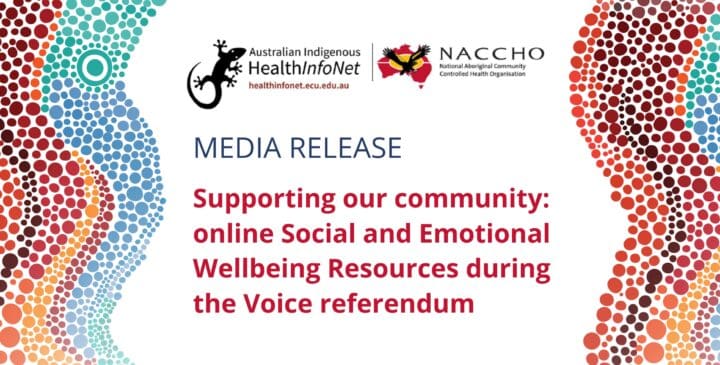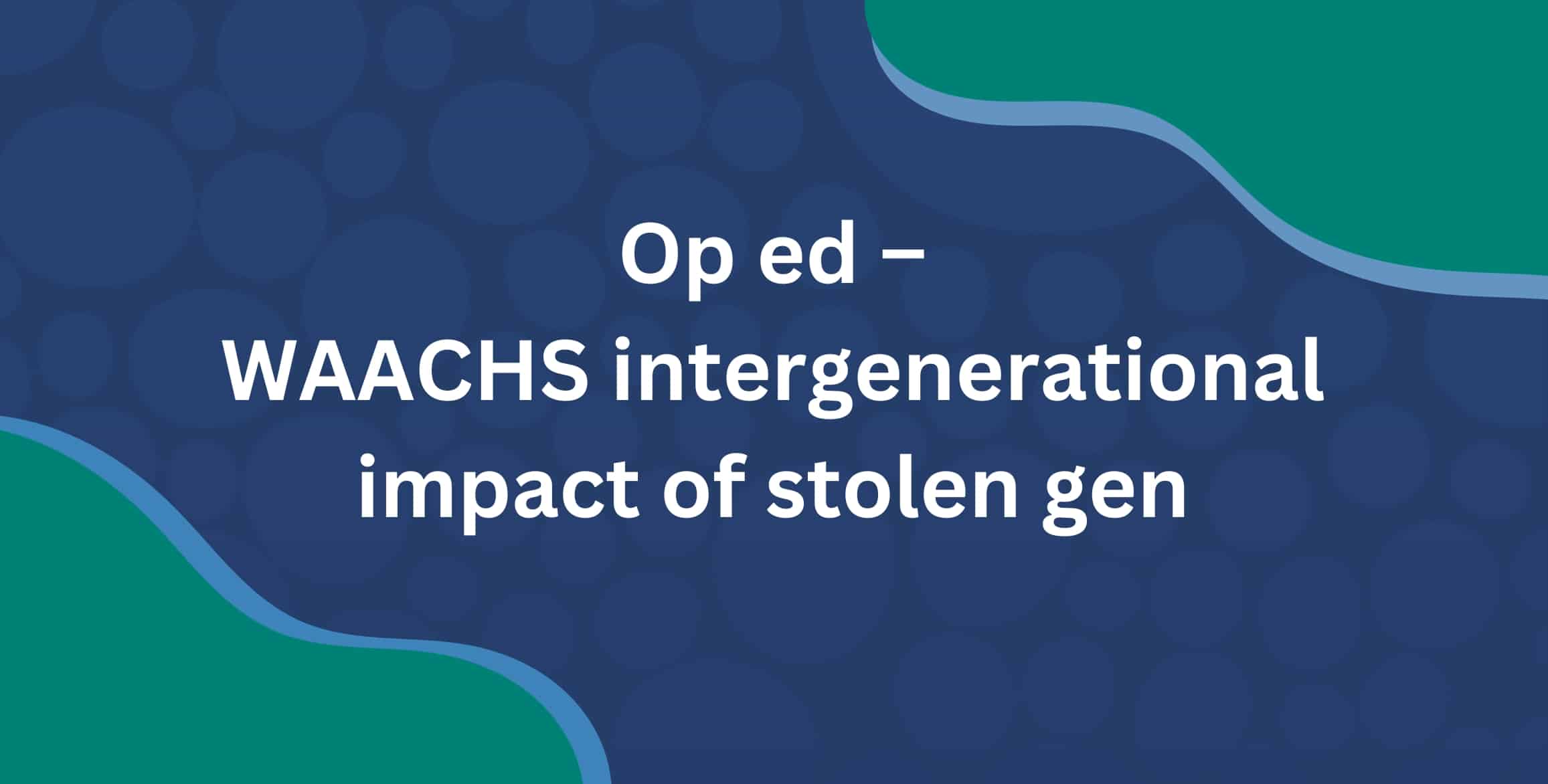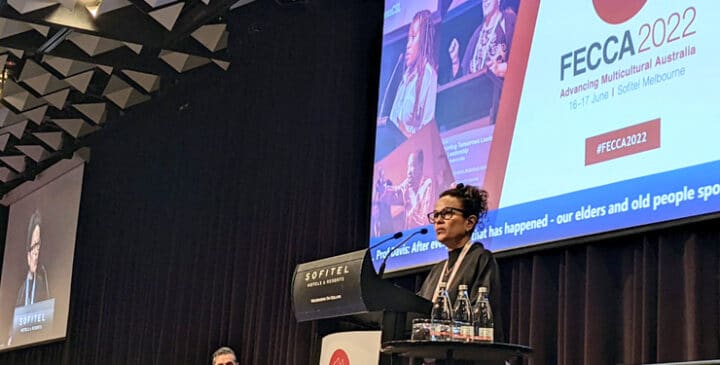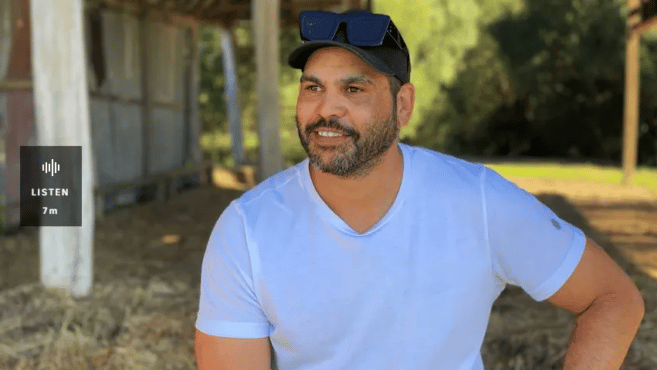

Op ed – WAACHS intergenerational impact of stolen gen
We would like to contest very strongly the comments by Jacynta Nampijinpa Price that there are no longer any negative impacts from Australia being colonised. One of the most powerful and damaging interventions which was part of colonisation, was the forced removal of children and families from their parents and country. It has been generally accepted for many years that forced separation and forced removals had devastating consequences in terms of social and culturation dislocation, which have impacted on the health and wellbeing of subsequent generations. This was clearly shown in the Bringing them Home Report, (published by the Human Rights Commission in 1997) with story after story of people then recalling the trauma of separation. It is thought that since colonisation, the official and government sanctioned removals, since late 1800s to 1970, affected over 100,000 children. Separation took three forms: putting children into government institutions, fostering children with white families, and white families adopting them. The stories in the Bringing them Home report were full of the trauma, abuse and cultural genocide of these children and their children.
We also were involved in the only large quantitative study of the Stolen Generations, the Western Australian Aboriginal Child Health Survey (WAACHS) done out of the now Telethon Kids Institute (TKI) which was published in several reports and papers in 2005/6 (ref if we need Zubrick et al). The study was a state-wide survey of one in six Aboriginal families to ascertain their social, emotional, health, educational and wellbeing status to enable the best preventive strategies to be implemented to address the high rates of poor outcomes in these families. Using many Aboriginal interviewers and researchers, the team contacted over 2000 families with over 6000 children aged between 0-18 years, across all areas of WA (metropolitan, rural and remote). A very high response rate reflected the trust that these families had in our team to listen to their stories of their lives. Carers and schoolteachers were also interviewed as well as the children who were old enough.
We would like to present two major aspects of the findings which address Price’s assertions. One relates to the extent of removals and the second to the inter-generational impact. Between 40-60% of families reported being forcibly removed from family or homeland across all ATSIC regions. It varied from nearly 60% in Broome to 32% in Geraldton, with rates higher than Geraldton for all other regions. We felt this truly could be described as “Stolen Generations” although many outspoken government leaders of the day disputed this description.
We were expecting and found clear evidence of the negative impact of a history of being stolen on subsequent generations. Those with a history of removals were nearly twice as likely to be arrested or charged with an offence, 1.6 times more likely to abuse alcohol and have house-hold problems from that, more than twice as likely to indulge in harmful gambling and reported far fewer social supports, as those who did not report that history. Children whose parents had been forcibly removed also were two and a half times more likely to be at high risk of clinically significant social and emotional behavioural difficulties, than those who did not have that history. The impact was higher in those families whose mothers/grandmothers had been removed than in those whose mothers /grandmothers were not removed.
Whilst there are numerous studies in most colonised Indigenous populations globally, this is the most comprehensive quantitative and trustworthy study to prove these intergenerational impacts. The study concluded that “the nature of the recent debate about the actual number of Aboriginal families experiencing forced separations has displaced the reality that these experiences occurred at all and the extent to which these past experiences continue to impact on the lives of the current generations of Aboriginal families. A more open-hearted acknowledgement of the extent of the suffering and disadvantage which past policies of separation inflicted on Aboriginal Australians, would in our view, significantly further the process through which these concerns are eventually resolved”.
It is mischievous and hurtful to deny the impacts of colonisation on today’s population. If non-Indigenous people had endured the genocide and marginalisation which has been forced on our First Nations, we would also be showing similar effects of historical colonisation.
Fiona Stanley, Colleen Hayward and Steve Zubrick

